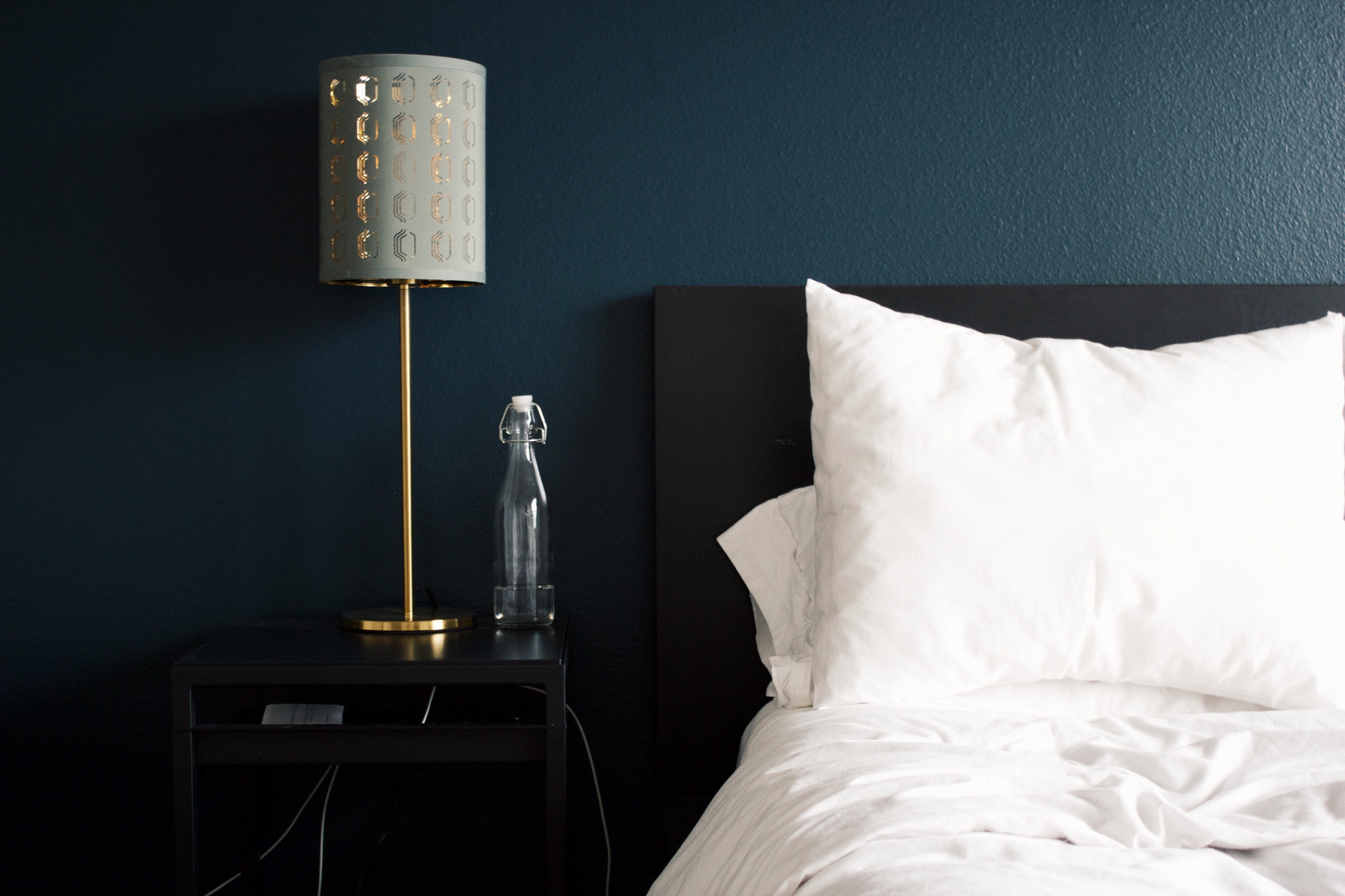Thrive Global: How does sleep affect our performance at work?
Michael Grandner: It’s hard to know where to begin. We could start with cognitive performance—one of the first things that gets impacted by a lack of sleep is our ability to maintain focus and to sustain attention. But we also know that sleep loss also impacts other cognitive functions like decision-making, learning and memory, risk-taking. Even worse, it looks like the more impaired we are, the less able to tell how impaired we are. So people can be very impaired due to sleep loss and have no idea. They think they’re fine, they think they’ve adjusted, but they haven’t. And with stimulants like caffeine, you can get a little bit of an improvement, but it won’t help you with decision-making and risk-taking.
TG: What does science tell us about the importance of sleep for our immediate health?
MG: Sleep touches nearly every system in the body. You have effects on the brain, and on pretty much every organ system. And some people are more or less sensitive in certain areas. For some, one night of sleep loss can lead to weight gain. For others, even one night of sleep loss can throw off your immune system and make you more likely to get sick, or less likely to heal properly. You could take a young, healthy person with no medical history into a laboratory, who’s used to sleeping eight or nine hours a night, drop them down to four or five hours, and they’re going start looking as if they’re diabetic.
TG: What about long-term, especially in terms of cognitive health?
MG: There’s an emerging body of literature showing not only that as people get older, their cognitive functioning gets worse, which affects their sleep, but it also seems to go the other way. One system that’s been studied is the role of sleep in allowing the brain to clear itself of build-up, toxins, and other things it’s trying to get rid of. When these accumulate and your body’s not able to dispose of them properly, it could lead to neurodegenerative diseases like Alzheimer’s, for example. If sleep is playing a very important role in allowing these things to get cleared out of the brain, getting healthy sleep can help protect you long-term from some of these conditions.
TG: Something we talk about a lot at Thrive is the importance of unplugging from devices before bed. What advice do you have for people who need to work on that?
MG: I recommend trying to turn off screens at least a half an hour before bed, but if you can’t do that, at least use the blue light filters and keep the brightness down as much as you can. And remember, the light is only part of the problem. The other part is the mental engagement. You feel like you’re relaxing, but you’re really just distracting yourself for a while and eating into your sleep time, so you’re not really getting anything out of it.
TG: What do you think are the biggest roadblocks to getting enough sleep and how can people move past them?
MG: The number one thing people say is they don’t have time. The way around that is to remember that you have to spend money to make money. You want time? Well, you’ve got to invest a little time now. One hour of sleep is about 4 percent of 24 hours. Now, if I can give you an extra 5 to 10 percent of your day back by having you well-rested, focused, and efficient, isn’t that a good deal? A lot of people are trading sleep for more time to work. And it’s not because they love work— it’s financial security. So essentially what you’re doing is you’re trading sleep for money. You’re selling your sleep, and the question is are you giving yourself a good deal? What are you getting in return for that time? Turn the tables and think about it that way.
TG: We also recommend using microsteps, small science-based ways to improve your life, which ultimately lead to bigger change. What microsteps would you recommend to people struggling to make sleep a priority?
MG: The first thing I would say is to stop thinking about sleep as unproductive time. Sleep is not a waste of time; it’s not unproductive time. It’s an investment of time in the next day’s health and productivity. Another thing is: if you can’t sleep, get out of bed. If you’re laying in bed and, for one reason or another, you’re not able to sleep, stop trying to sleep. Get out of bed, do something else for a while and try again later. You don’t want the bed to be a place of tossing and turning and being awake. You want the bed to be the place where you fall asleep.


